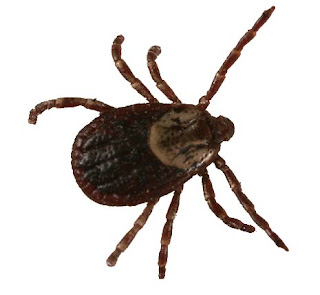Kennel Cough - Quick Facts
Kennel Cough - Quick Facts
Kennel cough is a common term commonly used to describe a complex of respiratory diseases that include
both bacterial and viral components. This form of bronchitis causes inflammation in a dog’s throat leading to
the symptoms commonly seen with kennel cough including, dry persistent “honking” cough, gagging (that
may lead to coughing up white foamy phlegm), fever, and sometimes nasal discharge. Though it usually
clears up on its own, kennel cough is highly contagious to other dogs.
Dogs who have more frequent contact with other dogs are at higher risk to “catch” kennel cough. This includes dogs that frequent dog parks, grooming facilities, day care and boarding facilities.
Preventive vaccines are available that help protect against some of the agents that cause this complex and can decrease the severity of the disease if contracted.
How can my dog catch kennel cough?
Kennel cough can be spread through direct dog to dog contact, airborne droplets from sneezing and coughing, and via contaminated objects (dog bowls, toys etc).Dogs who have more frequent contact with other dogs are at higher risk to “catch” kennel cough. This includes dogs that frequent dog parks, grooming facilities, day care and boarding facilities.
Preventive vaccines are available that help protect against some of the agents that cause this complex and can decrease the severity of the disease if contracted.
When should I see my veterinarian ?
See your veterinarian if your dog develops a cough. In some cases, you may be advised to simply let kennel cough run its course and other times your veterinarian may suggest medications and other treatments. Young puppies, mature dogs and immunocompromised dogs may take up to 6 weeks to recover but most healthy pets will recover within 3 weeks and show improvement within 1 week. Even when symptoms are gone, your dog may still be contagious.How is kennel cough treated ?
- If you suspect your dog has kennel cough, isolate them from other dogs. If your dog has been diagnosed with kennel cough they should be isolated from other dogs.
- Keeping your dog’s airways humidified and avoiding irritating aerosols (cleaning agents, cigarette smoke, etc.) can help soothe their throat. Your veterinarian may prescribe an antibiotic +/- cough suppressant to help speed up the healing process.
- Some cases of kennel cough can lead to pneumonia. If you notice nasal discharge, difficulty or rapid breathing, decreased appetite, decreased mood, please call your veterinarian right away so that appropriate treatments may be started immediately.











